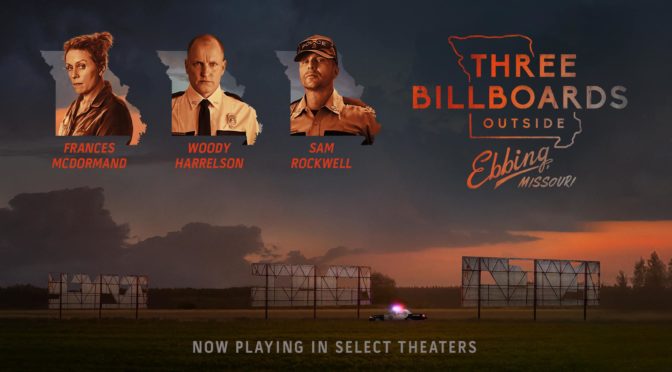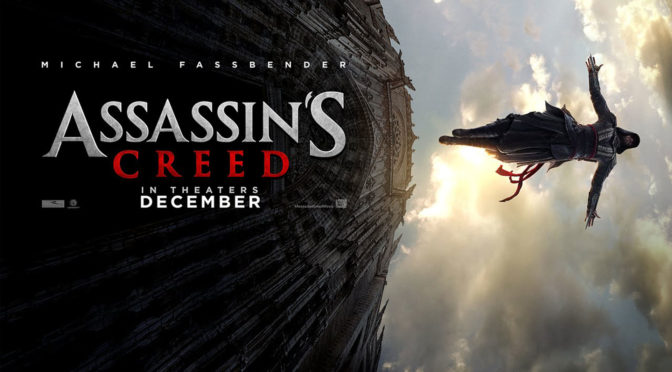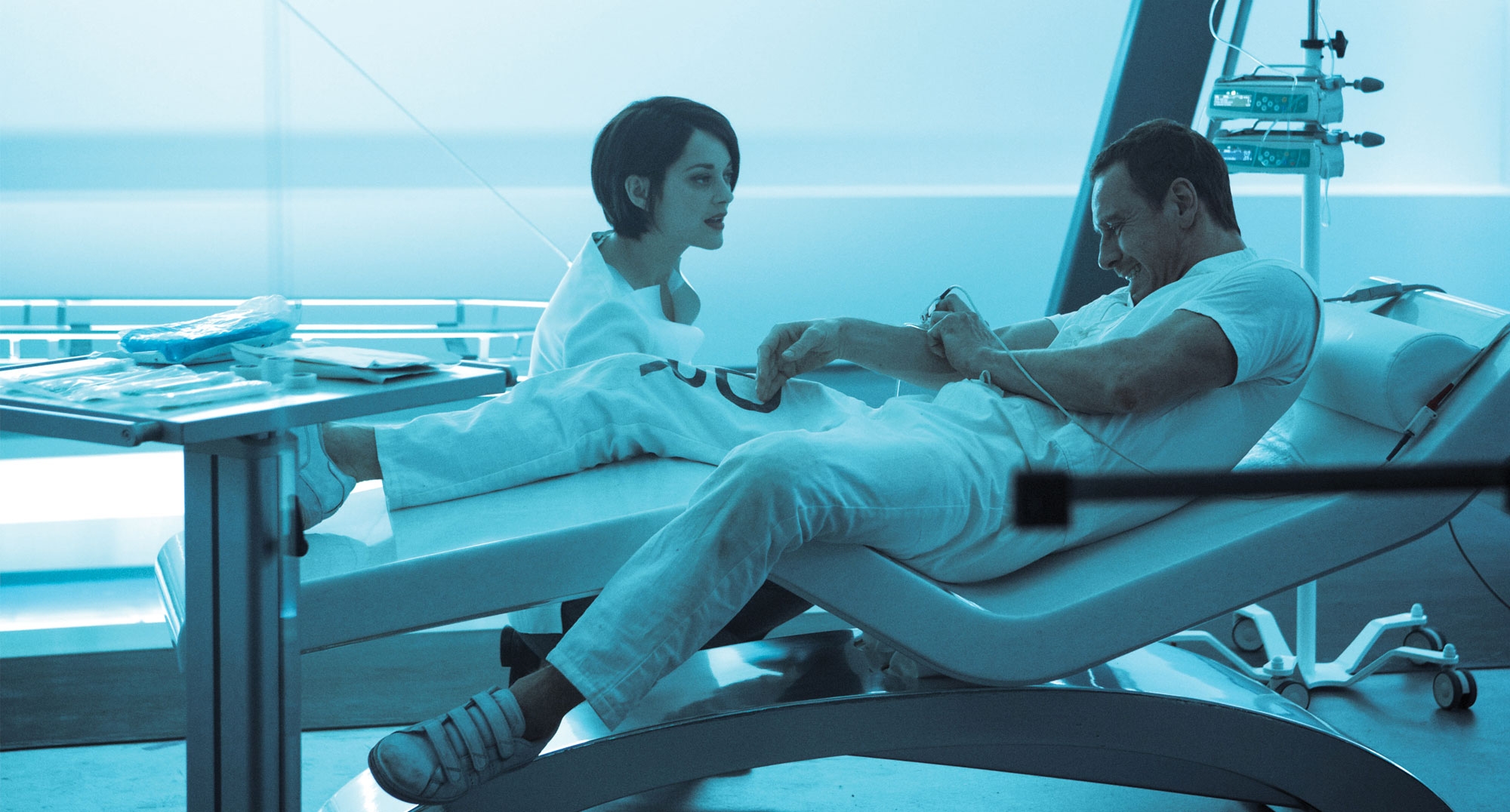To prevent her daughter’s murder from falling out of the public eye and increase the chance of finding the culprit, Mildred (Frances McDormand; Fargo), a jumpsuit-wearing, no-nonsense, foul-mouthed mom, buys the titular billboards. She details the horrific crime and simultaneously places the blame for the lack of justice on the shoulders of the beloved local police chief Willoughby (Woody Harrelson; Zombieland). Chaos follows as local policeman try to save face, local townspeople retaliate, and Mildred doubles down on her cause. Many will compare this film to Fargo because of McDormand and the small-town murder, but this is writer-director Martin McDonagh’s (In Bruges) signature brand of humor, distinct from the Coens. Mildred’s caustic behavior and McDonagh’s penchant for finding comedy in the macabre put it in a category of its own.
Without a doubt, this is McDormand’s film. There are few people who would be brash enough to knowingly anger and take on their entire town, but McDormand shows the tenacity and blatant disregard needed to make Mildred believable. As she faces the fallout from her actions, Mildred’s relentless pursuit of her goal and her choice, delectably obscene retorts are a joy to watch. At same time, she is still a mother suffering from the loss of her child and McDormand is able to display the subtle cracks of pain in Mildred’s otherwise thorny demeanor.

For the first time in his film career, McDonagh tries to infuse some of the emotion from his best plays (read The Pillowman if you haven’t). In his previous films, the snarky, almost crass language, while often hilarious, prevented his stories from having a greater emotional impact. In Three Billboards, he supplements his humor with grief. The pain of a mother losing her daughter softens Mildred’s abrasiveness and prevents her aggressive, often militant actions from turning her into an outright unlikable character, but McDonagh finds most success in Willoughby’s story. Despite his setup as an incompetent police chief, Willoughby’s true nature is much more caring. As the terminally ill town leader and, more importantly, a father and husband, his inescapable fate becomes synonymous with the outcome of Mildred’s case. Willoughby has been searching for the killer, but, like with his cancer, his efforts haven’t made a difference. A short interlude where he ponders his demise will draw tears from most viewers. His gradual accretion of depth in the midst of the film’s otherwise eccentric antics is an unexpected, but welcome punch to the gut.
The effect of this gravitas is hindered by McDonagh’s control of tone. Rather than mixing the humor with the heart, these two emotions exist within separate spheres of influence. They don’t actively clash, but the disparate tones almost seem like different takes on the same story. Some scenes feature Mildred cursing like a sailor while others show the open wounds created by her daughter’s passing, but almost never both in the same scene. This is ultimately what prevents Three Billboards from reaching greatness. The humor of the film is still enjoyable and the grief shown has an impact, but without blending the two, McDonagh can’t achieve the complexity and balance needed to tackle the subject matter.

3/5 stars.


